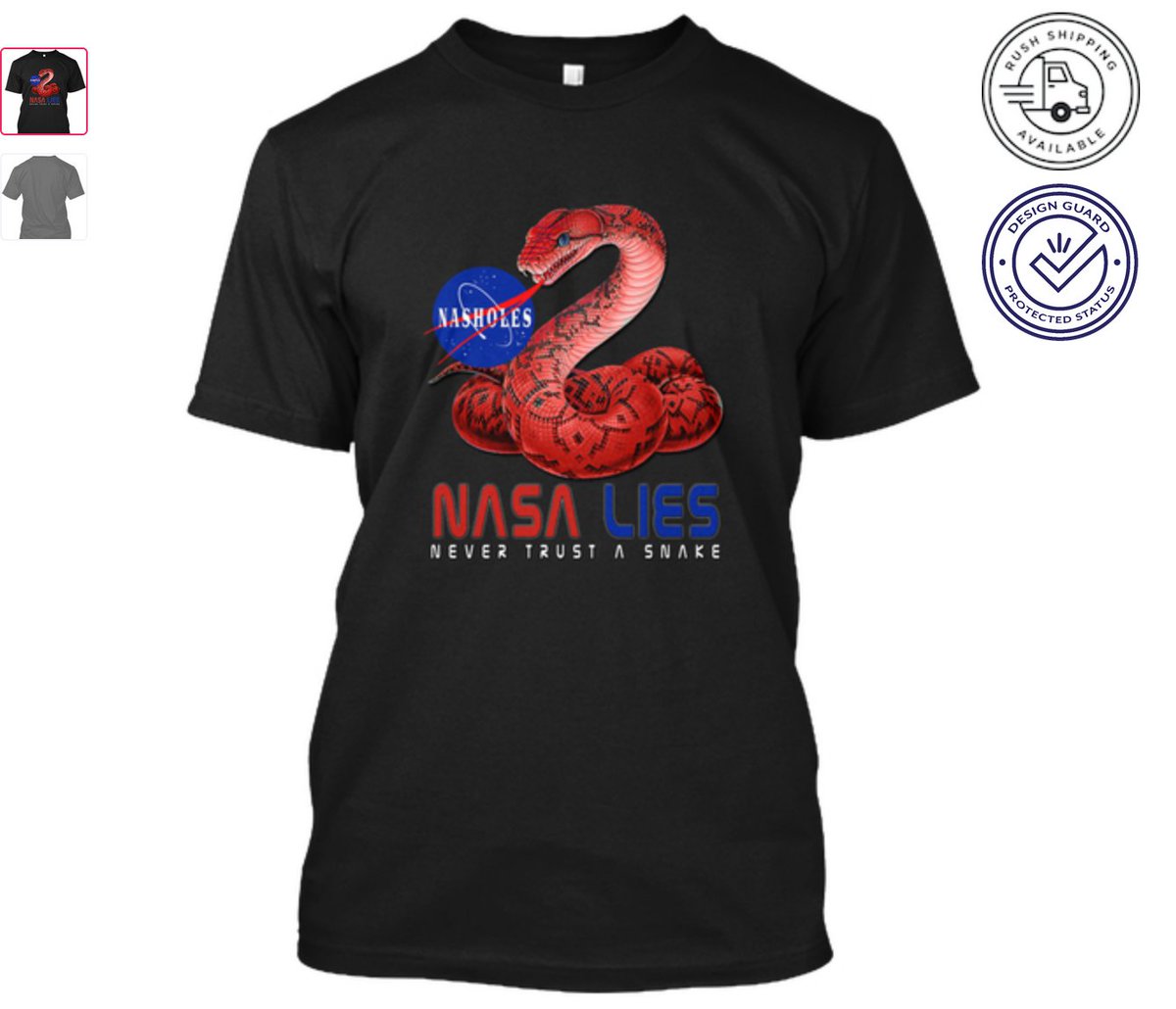Success is a lonely journey.
No one is going to be interested in how you gave strike against massive waves.
All they care about is how you’ll arrive at the shore.
In the end, the story needs a happy end with its own hero.
Once the Success Journey starts:
(Say it Loud)
- You don't say anything
- You don't feel anything
- You are like a stone
- Nothing stops YOU
It's You and Your Goals
Let's do IT!
1) The basics of SUCCESS:
- Don’t you dare blame others.
People are living their usual lives. You can't blame anyone!
- Never compare with others.
Millennials’ problem.
Always remember this:
Good marathon runners compete just with themselves.
2) In 1x miles of Success Journey:
- You’ll need FREEDOM
(financial, mental, etc.)
Nothing kills the human spirit more than being trapped mentally | physically.
- You’re gonna have OWNERSHIP
(authority, product, etc)
Time isn't any more like before.
Use your ASSETs.
3) On the Success Roads:
(ONE)
- Work on Emotional Intelligence.
Never underestimate the power of mediation.
The human spirit’s enormous energy once used in the right way.
Mediation is earthing of your deionized body energy particles.
No need for frequent medicals to use!
4) ”Nothing kills progress faster than indecision” ~ Malcolm Gladwell.
3 things to practice
1. Structure your Day
2. Set the Deadline for Goals
3. Limit the amount of Information
Allow yourself to Grow!
5) Strong START is what you need
- for success
- for a good finish
The first 1000 hours are the HARDEST!
@shl You hold on there!
Stay Bold on Self-Mastery.
Create a New Personality.
Reinvent Yourself.
Trust.
6) You must know the end game.
“You must study the end game before everything else”.
(Jose Raul Capablanca)
Life is like a chess game:
- Requires patience | strategy
- To win you’ve to make a move
- Every decision has an impact
Try to see things through.
Trust the process.
7) Read concepts of the following:
- Conservation of Energy
(get an idea of how energy circulates)
- Digestive & Endocrine Dynamics
(be your own doctor)
- Fundamental of Cognitive Mind
(connect with the internal world)
It’s your body.
This is your life.
Yours!
Takeaway:
Success is a life journey. It's a destination.
What Story of Your Life you’re up to writing?
Just think about it for some moment.
Everyone has a story to tell.
Thanks for reading.
If you have learned something from it, Retweet the first tweet to help others
https://t.co/e8HGJ30MO4
